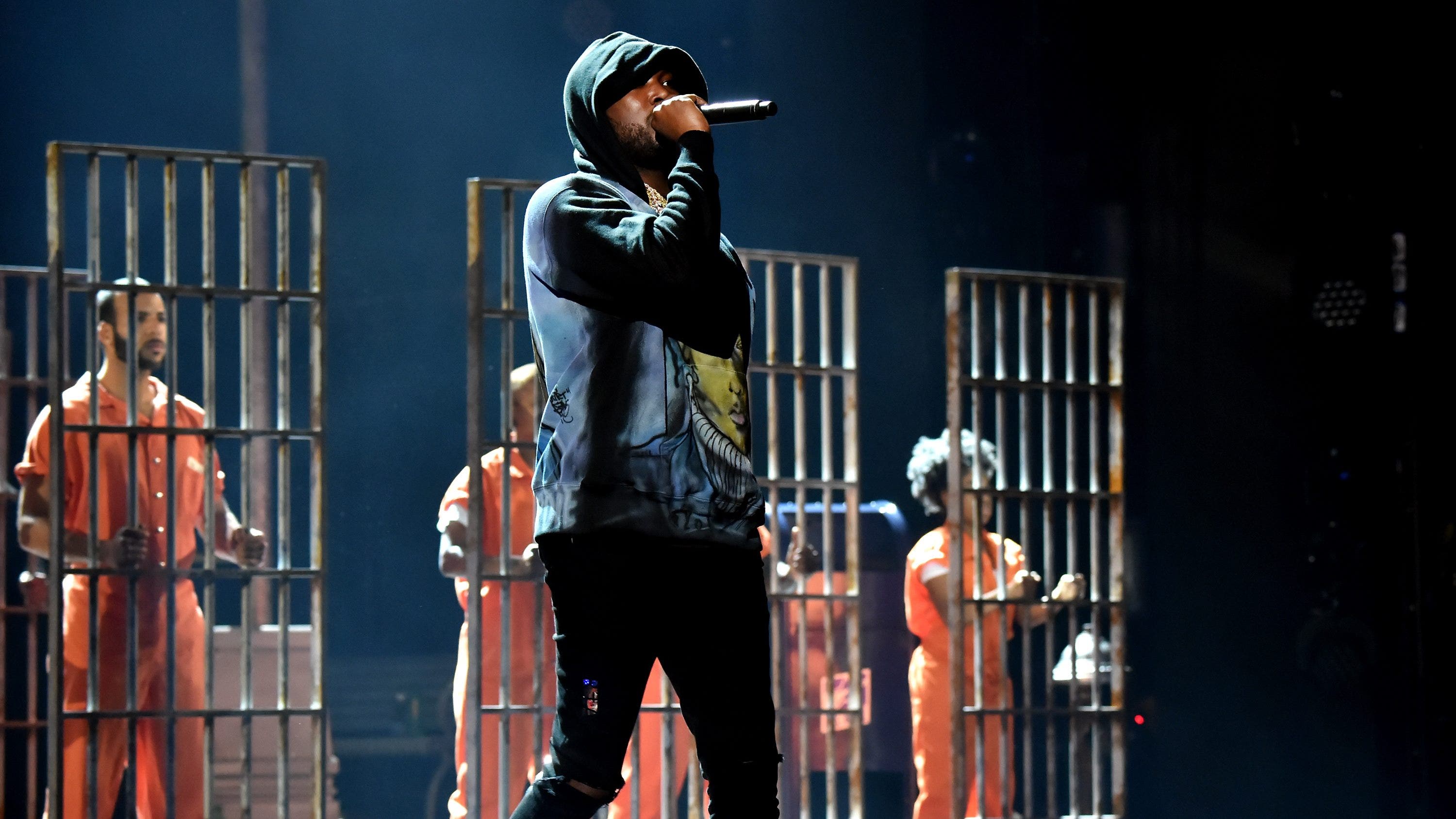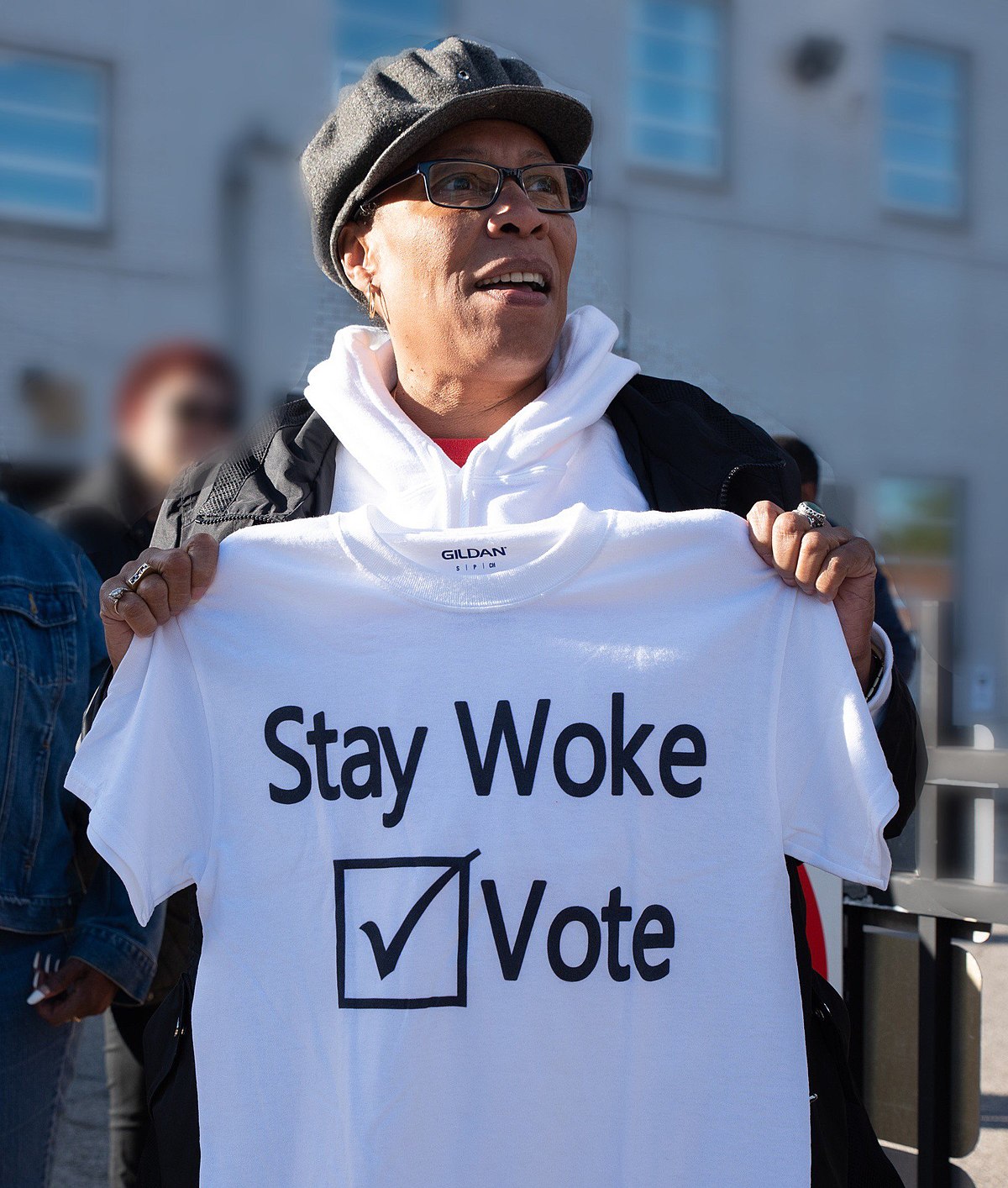The term “woke” has become a buzzword in recent years, often used with strong emotions on both sides of the political spectrum. It’s a word that can spark heated debates and trigger accusations of being out of touch with reality. But what does it actually mean? Can we even talk about “woke culture” as a distinct phenomenon, or is it a mischaracterization of legitimate social and political movements?

Image: payghaam-e-hussain.blogspot.com
This article dives into the evolving meaning of “woke” and explores how it has become intertwined with broader cultural conversations about social justice, identity, and power dynamics. We’ll examine different perspectives on “woke culture,” analyzing its potential benefits and drawbacks, as well as its impact on society as a whole.
Understanding the Origins of “Woke”
From Racial Awareness to Cultural Sensitivity
“Woke” originated in the African American community in the 1930s, initially referring to being aware of racial injustice and being alert to systemic racism. It gained more widespread recognition in the 1960s during the Civil Rights Movement. The term signifies a conscious effort to understand and combat racial discrimination.
Over time, “woke” expanded beyond its initial racial context. It became associated with recognizing and addressing other forms of injustice, such as gender inequality, LGBTQ+ rights, and environmental issues. This broadened meaning reflects a growing awareness of societal power structures and the ways in which privilege and oppression intersect.
Defining “Woke Culture”
The term “woke culture” refers to a set of attitudes, beliefs, and behaviors that prioritize social justice, equity, and inclusivity. It often involves a heightened awareness of social inequalities, coupled with a commitment to challenging discriminatory practices through activism, advocacy, and cultural shifts.
While the concept of being “woke” emphasizes awareness, “woke culture” often implies a broader social and cultural movement. This movement involves:
- Calling out prejudice: Challenging microaggressions, stereotypes, and biases in everyday interactions, both online and offline.
- Promoting representation: Advocating for diversity and inclusion in various spheres, including media, education, and politics.
- Reclaiming narratives: Challenging dominant cultural narratives and promoting alternative perspectives that center marginalized groups.
- Shifting power dynamics: Striving for a more equitable distribution of power and resources within society.

Image: it.wikipedia.org
Critical Perspectives on “Woke Culture”
Beyond its core tenets, “woke culture” has become a controversial topic. Critics often argue that it represents a form of cultural policing, where individuals are judged and criticized for their behavior and language, regardless of their intent. There are also concerns that wokeness can lead to:
- Cancel culture: A phenomenon where individuals are ostracized or punished for past behavior deemed offensive or problematic.
- Oversimplification: Focusing on individual acts of discrimination while neglecting the systemic roots of social injustice.
- Reverse discrimination: Treating individuals from historically dominant groups unfairly by focusing on their privilege rather than their individual actions.
- Moral grandstanding: Using social justice language for personal gain or to silence opposing viewpoints.
Navigating the Complexities of “Woke Culture”
It’s important to acknowledge that the debate surrounding “woke culture” is often complicated by partisan politics and the polarization of public discourse. The term itself can be used in a reductive or inflammatory way, creating a false dichotomy between “woke” and “unwoke” individuals.
Rather than viewing “woke culture” as a monolithic entity, it’s essential to consider the diverse range of individuals and groups who identify with these values. Some people may be deeply engaged in activism, while others may simply be more mindful of their own biases and striving to be more inclusive in their daily interactions.
Tips for Engaging with “Woke Culture”
If you’re looking to understand “woke culture” better or simply navigating the complex social landscape, here are some tips:
- Be an active listener: Listen to the experiences of people from different backgrounds and perspectives, even if they challenge your own beliefs.
- Educate yourself: Read books, articles, and watch documentaries that provide insight into the historical context of social injustice and how it continues to manifest in today’s society.
- Challenge your own biases: Reflect on your own assumptions, prejudices, and privileges. Be open to learning from others and questioning your own perspectives.
- Practice empathy: Try to understand the lived experiences of people who may be different from you. Consider how their perspectives might be shaped by their social location and identity.
- Support organizations promoting social justice: Contribute your time, resources, or voice to organizations working to combat social inequalities.
FAQ: Addressing Common Questions About “Woke Culture”
Q: Is it important to be “woke”?
A: Whether someone is considered “woke” is subjective. More importantly, the pursuit of social justice requires more than simply being aware of issues; it demands consistent effort to address inequality, challenge prejudice, and promote equity.
Q: Can “woke culture” go too far?
A: It’s possible to take “woke culture” to extremes, leading to overly sensitive reactions, cancel culture, and a stifling of open discourse. It’s crucial to find a balance between promoting social justice and fostering respectful communication.
Q: What is the difference between being “woke” and being “politically correct”?
A: While “woke” and “politically correct” are often used interchangeably, there are some key distinctions. “Woke” emphasizes a deeper understanding of social injustice and a commitment to addressing systemic problems. “Politically correct” often focuses on avoiding offensive language but may not always address the underlying issues of inequality.
Q: How can I be more aware of my own biases?
A: Begin by actively seeking out information and perspectives that challenge your own worldview. Engage in conversations with people from diverse backgrounds and listen to their experiences. Reflect on your own actions and language to identify any patterns of bias or unconscious prejudice.
What Is Woke Culture Mean
Conclusion
The debate surrounding “woke culture” is likely to continue for some time. It’s crucial to approach these conversations with nuance and critical thinking, recognizing the complexities of social justice movements and the diverse perspectives within them. To truly understand “woke culture,” it’s essential to move beyond simplistic definitions and engage with the broader conversations about equity, inclusion, and societal transformation that are at its core.
Are you interested in learning more about the evolution of the term “woke” and its impact on contemporary society? Would you like to share your own thoughts or perspectives on “woke culture”?





